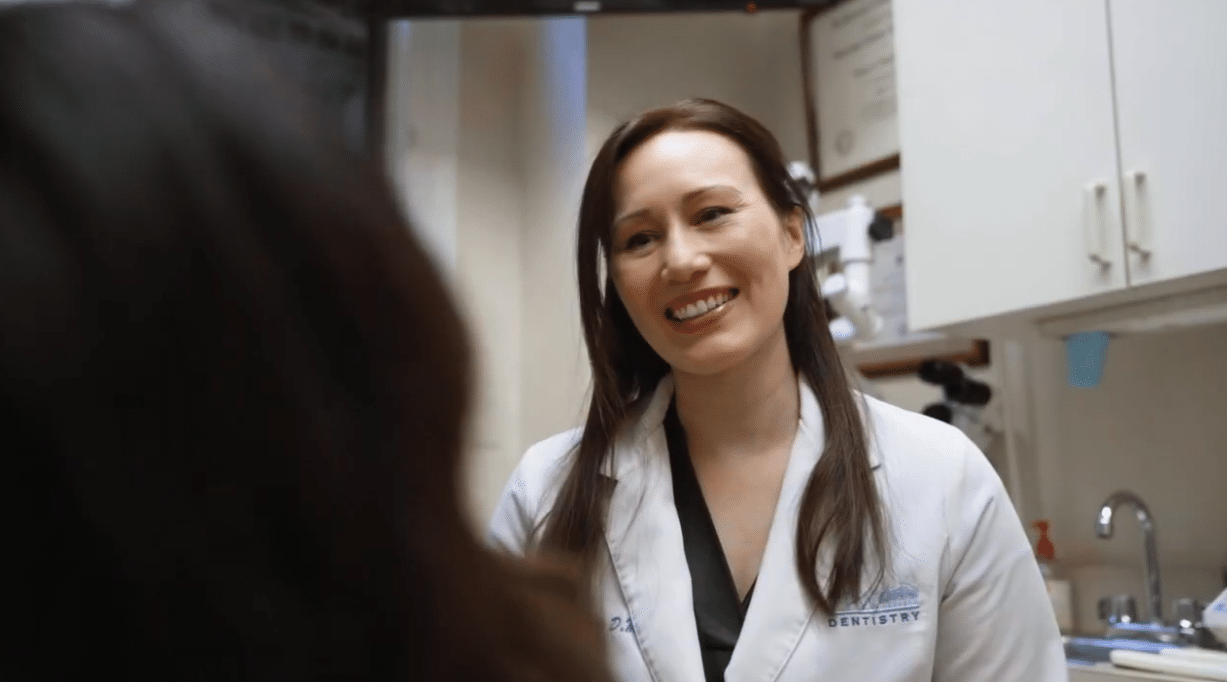The cost can vary quite a bit because everyone’s needs are different, and each implant case has several steps. It’s difficult to give an exact estimate without seeing someone in person, but we’re always upfront about what goes into the total cost.
A complete dental implant involves at least three separate components: 1) the implant itself 2) the abutment 3) the crown that attaches to it
An extraction and/or bone graft may also be part of a treatment plan. One thing to watch out for when comparing estimates is whether you’re seeing the full picture. Sometimes a quote only includes the implant and leaves out the abutment or crown, which can be misleading.
In general, a full implant with an abutment and crown typically ranges from about $6,400 to $7,500. We offer pay-over-time options to help make treatment more manageable, and a consultation will give you a personalized breakdown.



